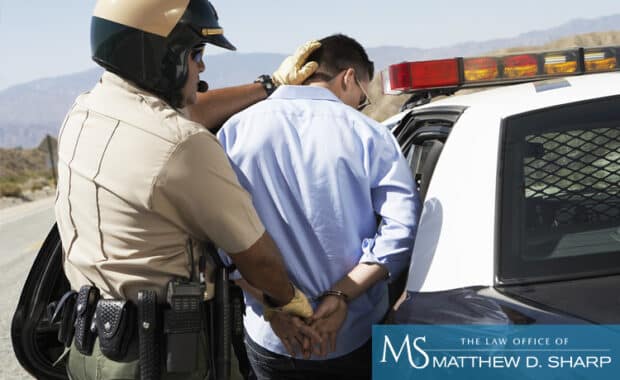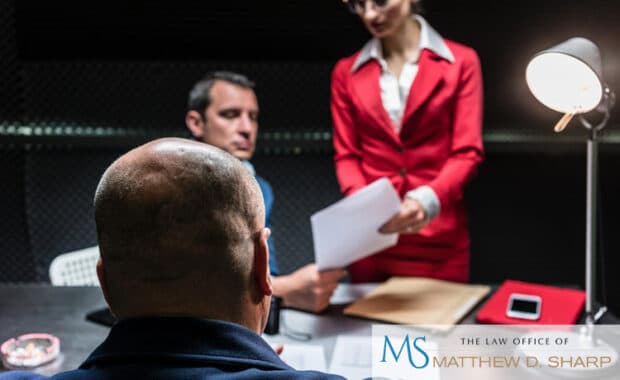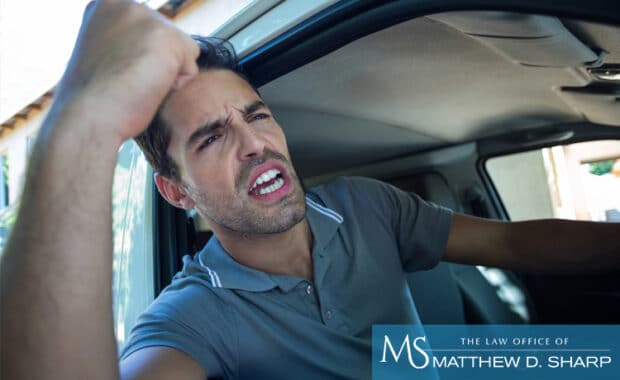In the story linked above an off duty Houston Police Department Sargent was arrested for Driving While Intoxicated while off duty. He also happened to be carrying his service revolver when he allegedly operated his vehicle while intoxicated. He was charged with unlawful carrying a weapon (a misdemeanor) and with DWI (also a misdemeanor).
Ordinarily, a police officer is licensed to legally carry a firearm while off duty. However, a license holder will still violate the law if he carries a handgun while intoxicated. Also, if a person carries a firearm and commits a law violation then he can also be charged with unlawful carrying of a weapon.
The unlawful carrying of a weapon statutes are found in chapter 46 of the Texas Penal Code. There are different sections of the penal code for suspects who are not licensed to carry a concealed weapon and those that are licensed to carry weapons. There are major differences in the amount of proof needed for the State to gain convictions for unlawful carrying of a weapon for licensed and unlicensed defendants.
To prove that an unlicensed person committed the act of unlawful carrying of a weapon the State needs to prove beyond a reasonable doubt that a person intentionally, knowingly, or recklessly carried a handgun, a club, or a knife on or about his person in any place that is not his own premises or his automobile. The automobile “exception” to the rule that you cannot carry a weapon has its own exceptions. For instance, you cannot be engaged in a crime for anything other than a class C misdemeanor punishable by the traffic code, be affiliated with a street gang, or carry the weapon in plain view in the automobile. The “plain view” language is often inappropriately adopted from drug law, which means that in many cases where an officer sees your weapon unconcealed at any time they may arrest you for unlawful carrying of a weapon, regardless if the exposure of the weapon was due to a search of the car or by accident.
Generally, accidental exposure of a weapon is not a violation when the holder is carrying the weapon under the authority of a Texas Concealed Handgun License. In cases of accidental exposure by a license holder, the license holder needs only to conceal the weapon when the exposure is brought to his attention.
There are many defenses available to the average weapon holder, even if they are not licensed to carry a firearm. However, defenses are fact-specific to each charge and must be addressed on a case-by-case basis. If you or a loved one has been charged with unlawfully carrying a firearm then you need to consult a criminal defense attorney that is familiar with the weapons laws in Texas. The law offices of The Law Office of Matthew D. Sharp has experience in trying unlawful carrying cases and we will be more than willing to consult with you about the facts of your case. Call today for a free consultation.




